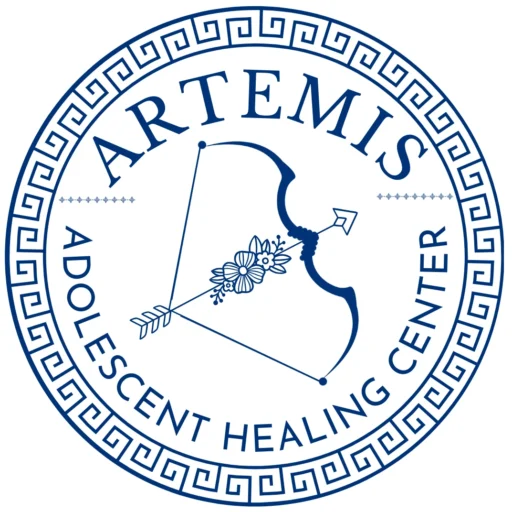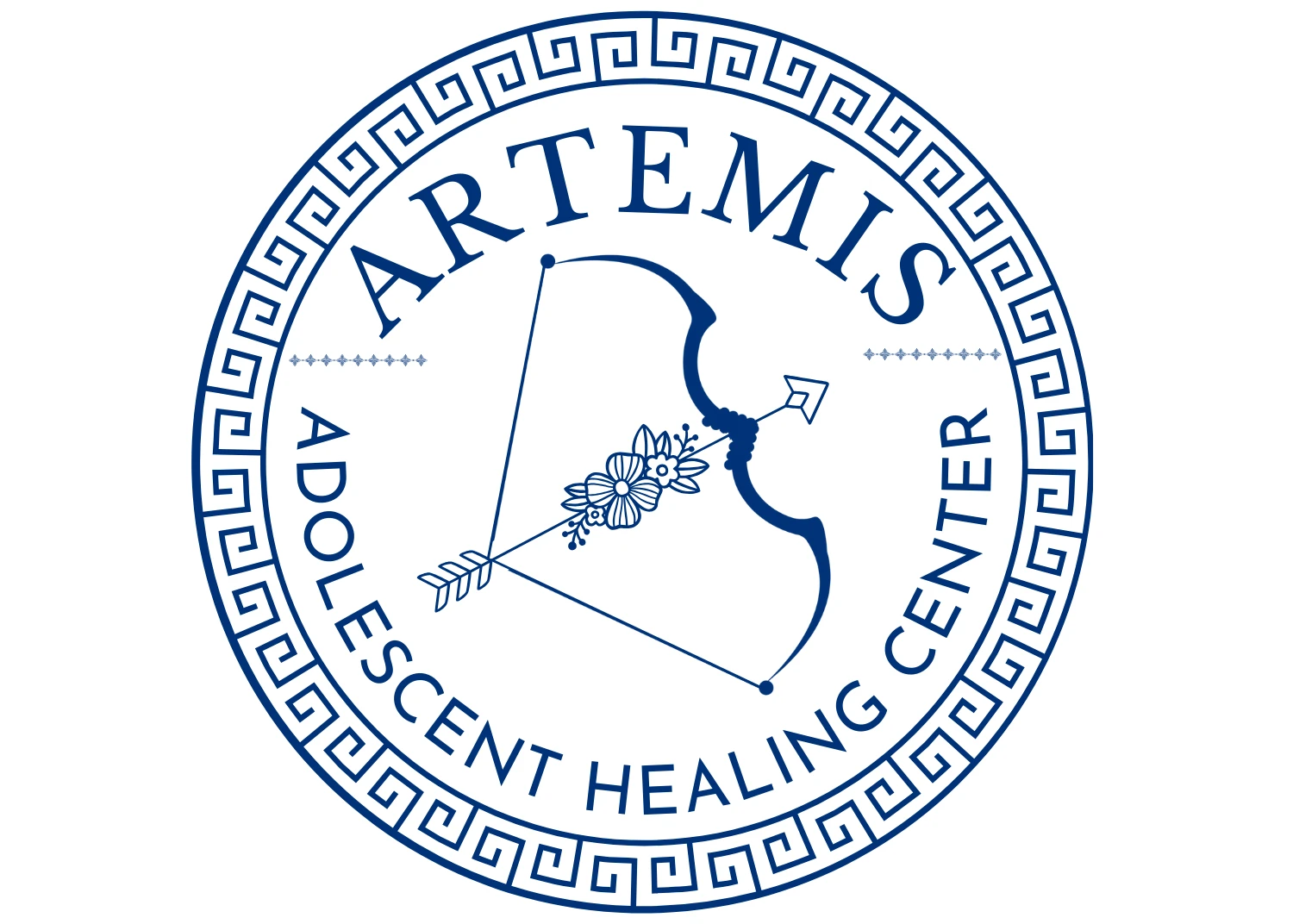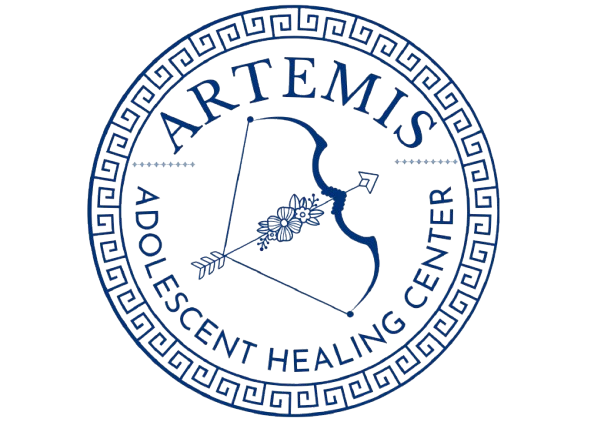Find Help for Complex Trauma in Teens With Artemis Adolescent Healing Center
Post-traumatic stress disorder can affect people of all ages. Teen CPTSD treatment is critical to promote healing and position the young person for a balanced, successful life ahead.
Any type of traumatic event can cause someone to develop PTSD or CPTSD. On this page, we’ll dive into what that means, why it’s such a difficult condition to overcome, and how professional treatment that includes trauma-focused therapy can help.
Keep reading to learn about how teen complex trauma occurs, how to recognize the symptoms, and how evidence-based trauma treatment works to help overcome these issues.
Artemis Adolescent Healing Center would be proud to serve you and your family on this matter. Give us a call today to learn more about our services and what we can do for you or a loved one.
Get Confidential Trauma and PTSD Assessment
What is Complex PTSD?
Complex PTSD (often referred to as CPTSD or C-PTSD) is a severe form of PTSD or post-traumatic stress disorder. PTSD can be triggered by a single incident, whereas CPTSD can result from repeated exposure to traumatic events.
There are many potential causes of C-PTSD. Ongoing childhood trauma such as abuse at the hands of a parent is a common one. It could also be the outcome of neglect as a child, or repeated exposure to violence that is targeted at others.
Many PTSD symptoms will be reflected similarly in C-PTSD. For teens with this condition, it can be difficult to trust others or to regulate their emotions properly. Simply functioning in everyday life can seem like an impossible task.
Receiving professional treatment for complex post-traumatic stress disorder is essential to confront these experiences and find a path to lasting recovery. This is an urgent matter. Getting help for a teen in this situation as soon as possible will make it more likely that meaningful progress can be made.
Knowing the Signs and Symptoms of Complex Trauma in Teens
It can be tricky to sort out exactly what signs and symptoms a teen is exhibiting are tied to complex post-traumatic stress disorder. The symptoms of PTSD overlap significantly with depression, anxiety, and other mental disorders. For parents or guardians, paying close attention and watching for these signs is a good starting point.
- Consistent feelings of sadness, hopelessness, or emptiness
- Emotional numbness or detachment from others
- Intense feelings of guilt, shame, or self-blame
- Chronic anxiety or an exaggerated startle response
- Difficulty regulating emotions, possibly including frequent outbursts of anger
- Self-harming behaviors
- Suicidal thoughts or attempts
Experiencing even some of these symptoms can make it difficult for teens to function in their daily lives. For loved ones, watching for these signs and then acting quickly when something appears to be wrong is critical. Professional help to recover from the trauma of mental or physical abuse can make all the difference moving forward.
How CPTSD Impacts a Teen’s Life

The impact of CPTSD is devastating. Going through one traumatic event in a young life is bad enough. Experiencing trauma regularly to the point where it causes CPTSD can make healthy development into adult life difficult or even impossible without the right help.
As trauma symptoms start to add up and anxiety disorders start to present themselves as a result, the quality of life of a teenager in this situation can quickly decline.
The Psychological Toll
Teens with CPTSD often feel trapped. They are held hostage by the emotional distress that they have experienced and the cycle of pain continues with no end in sight. Their daily psychological experience may be one of overwhelming fear, sadness, or anger. These feelings are exhausting and can make it difficult to mentally attend to anything else in life.
The teen may also have a distorted view of the world and their place in it. Sexual abuse victims, for example, may not feel worthy of love and affection. Such a traumatic event – especially if experienced over a period of years – will not just be forgotten. Negative thought patterns around past trauma will be difficult to shake and the teen may simply expect that they will soon be hurt again.
Destructive behaviors regularly follow from these negative thought loops. Substance abuse is common among teens with CPTSD. So too are incidents of self-harm along with risky decision making.
Get Accredited Treatment Programs at Artemis
Impact on Daily Life
Daily tasks that would be simple for a teen without a history of trauma can feel overwhelming and impossible to complete. Schoolwork is a primary example of this issue. With a traumatic event or events in their past, a teen may be unable to focus on their academic life, leading to declining grades and other issues.
Poor academic health stemming from their mental health disorders will limit options for the future and can further drive the downward cycle of negative thoughts and beliefs.
Conflicts with friends and family members may also arise regularly in this situation. Teens with CPTSD may have difficulty expressing their emotions appropriately to others. That can lead to harmful outbursts that strain relationships and lead to isolation.
It’s difficult to improve personal relationships without first addressing the anxiety disorders and other issues that are connected to their CPTSD. Only when the teen has received treatment from a mental health professional may it be possible to build the confidence and emotional regulation necessary to have positive interactions with others.
Making Progress with Professional Treatment

CPTSD can feel like a huge mountain to climb. A teen in this situation may be having severe symptoms and may have numerous mental health disorders to overcome. But that doesn’t mean the situation is hopeless. Treatment for posttraumatic stress disorder offered by an experienced professional can gradually turn life in a new direction.
There will be many goals associated with professional intervention. An expert with a history of treating children – including teen trauma – will aim to help the teen regulate their emotions, build up a sense of security and self-worth, and fully process their trauma.
Whether it was child sexual abuse or another harmful event, traumatic experiences can be successfully managed and the symptoms of CPTSD can start to be diminished.
Leaning on Evidence-Based Therapies
There are many evidence-based therapies that can be used as part of a treatment plan for a teen with CPTSD. Cognitive processing therapy such as Trauma-Focused Cognitive Behavioral Therapy is an excellent option in this situation. The negative thought patterns that repeat over and over in the teen’s mind can be broken with this technique and replaced with new healthier ways to manage distress.
Eye movement desensitization and reprocessing, also known as EMDR, is another useful tactic. The treatment provider will guide the teen through a series of eye movements to reprocess traumatic memories and cut down on their emotional impact.
In some cases, exposure therapy may also be used. This treatment will gradually expose teens to trauma-related triggers in a controlled environment. Such an approach will reduce fear slowly and build up better coping skills for the real world. Exposing a teen with CPTSD to triggers is something that should only be done by a licensed professional who understands how to manage such a process effectively and safely.
Family Involvement in Treatment
A teen should not have to heal from Complex PTSD all on their own. Any stable, supportive family members that are available should be involved in the recovery process. Family therapy sessions can help parents and other caregivers understand what the teen is experiencing and how they can be a positive force.
It’s a good starting point for family members to educate themselves on what C-PTSD is and how it works. Knowledge is powerful in this type of situation. Gaining a better understanding of what is going on in the teen’s mind will make the family members more sympathetic and patient with the recovery process.
Having a safe and nurturing home environment is also an important component of this process. So much of the teen’s young life has felt out of control due to the trauma they have experienced. Having a safe place to return to each night will act as a foundation on top of which further healing can be achieved.
Many treatment programs will have family members participate in therapy sessions along with their teens. This helps everyone stay on the same page and understand what is important moving forward. Teen trauma can be difficult to overcome and it requires ongoing attention to manage, but it’s better handled when everyone in the family is united in the battle.
Addressing Co-Occurring Disorders

Many teens with CPTSD also deal with other mental health disorders. This situation is known as a co-occurring disorder when multiple mental disorders are present at the same time. It’s crucial to work with a treatment provider who will address all of the conditions simultaneously to work toward lasting recovery and true healing.
Facilities that offer care for teens with CPTSD should be adept at offering dual-diagnosis treatment. Only dealing with one of the conditions that a teen is facing would be leaving them open for continued struggles as the full picture was not addressed.
It might be difficult to confront everything all at once, but that’s the only way for authentic, lasting recovery to be realized. Mental health is a complicated matter and any teen suffering from CPTSD will likely have developed other mental disorders as a part of their life experiences.
The powerful coping skills that are built in the process of receiving treatment are what will hopefully allow a teen to turn a corner and see a better path ahead. Getting out of these thought patterns and moving beyond past trauma is nearly impossible alone, but it becomes within reach when the right help is available.
Up To 100% of Rehab Costs Covered By Insurance
The Path to a Brighter Future Starts Here
The battle with C-PTSD is a serious challenge. But it doesn’t have to be a life sentence. Working with a mental health professional to process a traumatic event and find strategies to reduce PTSD symptoms can open up a brighter future.
That future could start today with a call to Artemis Adolescent Healing Center. Our experienced team is ready to provide teen trauma treatment that addresses your unique situation. Now is the right time to call and turn over a new page in your life. We look forward to getting to know you and your story.
All calls are kept strictly confidential, so please make a call to get options now!






